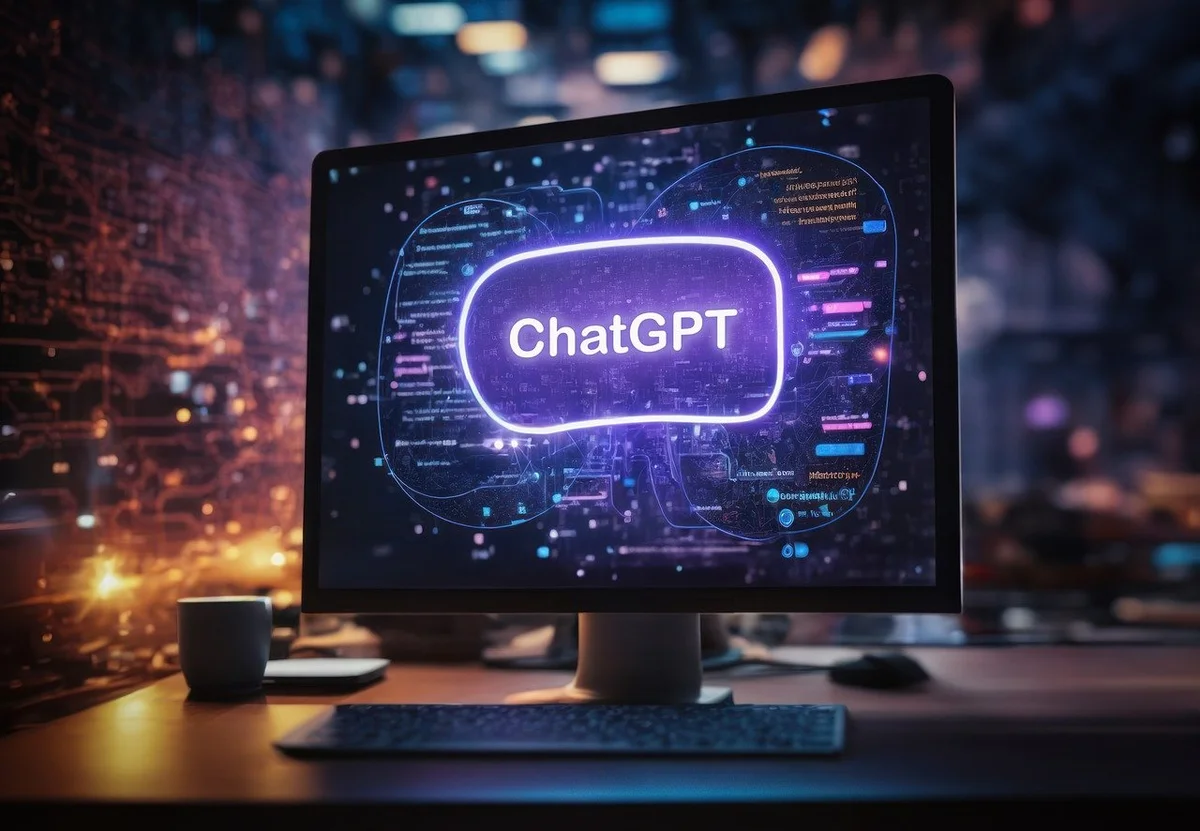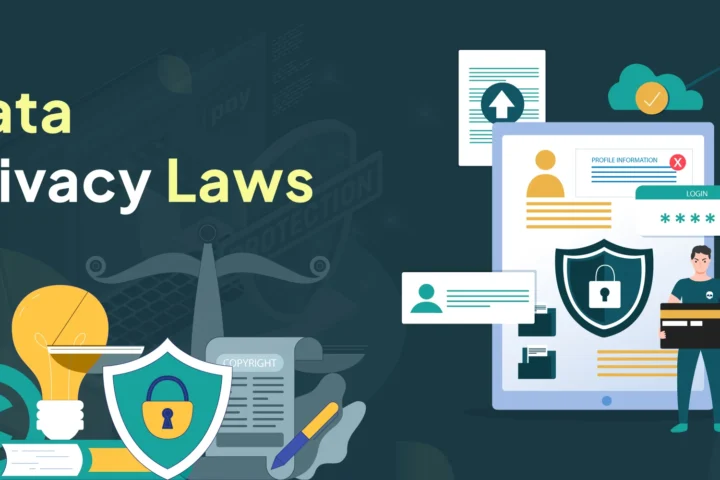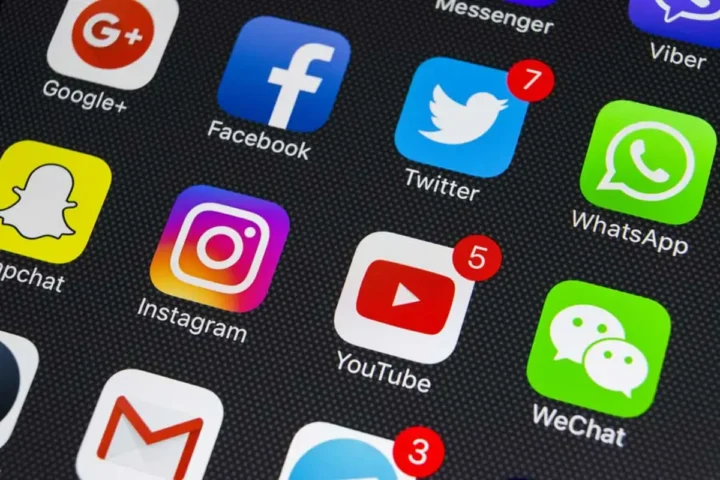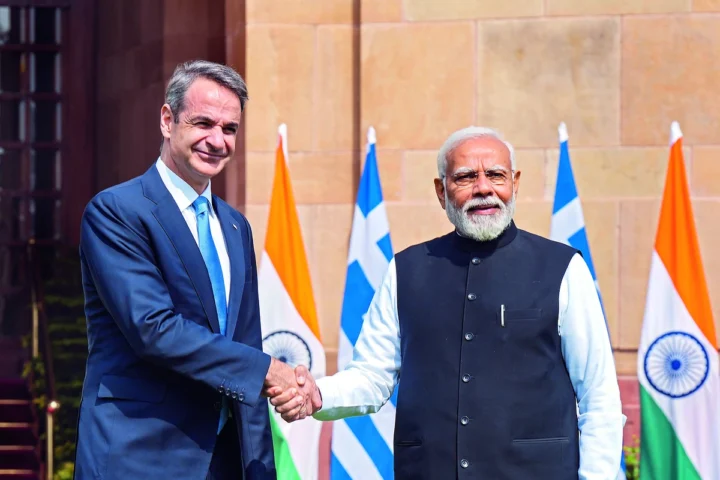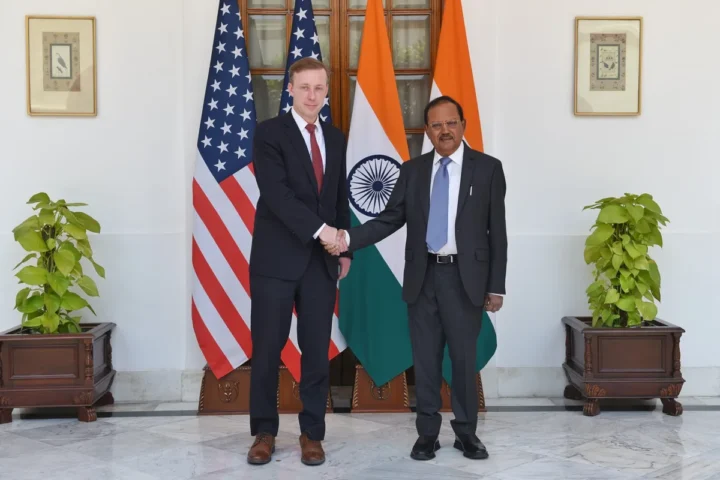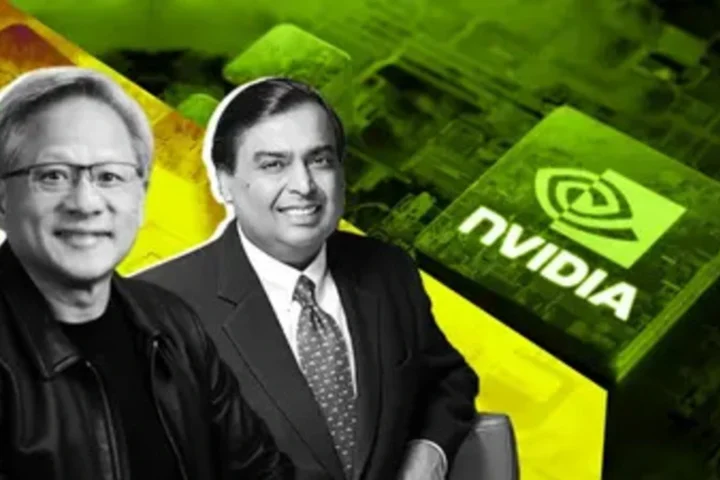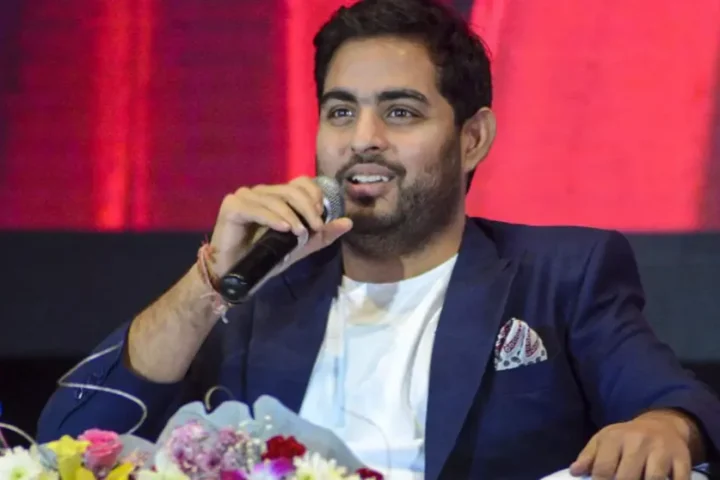A group of 17 prominent authors, led by renowned writer George R.R. Martin, has initiated a proposed class-action lawsuit against OpenAI. But, what could have ChatGPT done to get sued by so many famous writers? Let’s find out.
The prominent authors are alleging copyright infringement by its AI model, ChatGPT. The Authors Guild, based in New York, is spearheading this legal action, accusing ChatGPT of engaging in “flagrant and harmful infringements of plaintiffs’ registered copyrights.”
What are these allegations?
According to the lawsuit, ChatGPT was developed using content from books that were illegally downloaded from online book repositories. The authors contend that rather than engaging in what they term “systematic theft on a mass scale,” OpenAI should have trained its language models on writings that were in the public domain or obtained licenses for works that were protected by copyright.
What is the Authors Guild’s President saying?
Authors Guild president Maya Shanbhag Lang, who is one of the plaintiffs, emphasized the significance of this legal action. She stated that this case marks the beginning of their battle to defend authors from theft by OpenAI and other generative AI technologies. With a formidable legal team specializing in copyright law, the Authors Guild is determined in its pursuit of justice.
How has the OpenAI responded to these allegations?
OpenAI has stated a desire to have a productive conversation in response to the lawsuit. A firm representative stated that they have been in a fruitful dialogue with creators, including the Authors Guild, and are cooperating to comprehend and address their AI-related concerns. OpenAI is still optimistic about establishing fruitful cooperative relationships.
There are similar complaints against Open AI
This legal action comes on the heels of two similar complaints filed against OpenAI, one by comedian Sarah Silverman and another by author Paul Tremblay. As these lawsuits unfold, the creative industry is left wondering how this legal battle will impact the use of AI language models and their potential copyright implications.
The outcome of these legal proceedings could have far-reaching consequences for the future of AI-generated content and its relationship with copyright law, making it a critical issue to watch in the coming months.

